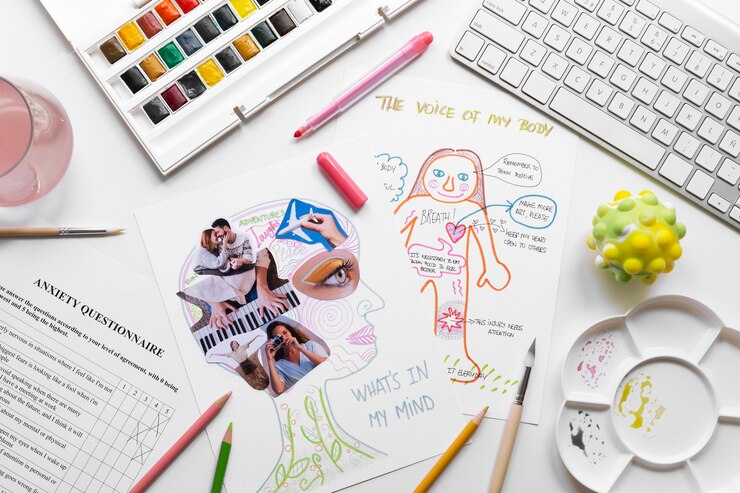
Play is a powerful yet often underestimated influence on your child’s growth. Discover more about the areas of development that benefit from play.
—
I was driving my 7-year-old daughter to summer camp—you know, the kind where there’s no phone contact, and they stay overnight for a whole week (gulp!). Though these situations can be a mom’s nightmare, my daughter was excited and ready for the adventure, which surprisingly kept me calm.
As we approached the camp, I noticed a shift in her attitude. She began expressing doubts and said she didn’t want to go unless her dad or I were camp counselors. While my initial mom instinct was to reassure her with a hundred reasons she’d be fine, I chose to simply listen to her concerns instead (it’s amazing how often kids just need someone to hear them out). So, I stayed quiet and let her talk.
Just before we left, she had dashed out of the minivan to grab ‘one last thing’. To my surprise, that ‘must-have’ was a large talking unicorn she had gotten for Christmas. Even though we were running late, and I was a bit frustrated since she rarely played with it, the unicorn came along. In hindsight, it was a good decision because as soon as anxiety set in, she turned to the unicorn for comfort.
As a therapist skilled in play therapy, I know well how play influences child development and well-being—it’s proven and backed by research. Still, many parents are skeptical about play being crucial for learning and mental health when they consult with me.
Here are some of the incredible skills that research shows children acquire through play:
1. **Exploration**: Play provides a safe environment for children to explore their curiosities with minimal risk.
2. **Connection**: Through play, children connect emotionally, cognitively, and physically, strengthening bonds.
3. **Confidence Building**: Repeated play helps children master tasks like using the potty or going to school, boosting their sense of achievement.
4. **Emotional Expression**: Dramatic and creative play help children safely express and resolve emotions.
5. **Social Skills**: Social play fosters skills like negotiation, taking turns, and communication, as well as empathy through role-playing.
6. **Problem-Solving**: Play encourages exploring different solutions, enhancing divergent problem-solving abilities.
7. **Creative Thinking**: Engaging with materials and ideas through play sparks creativity.
8. **Mental Health**: Active play boosts life skills and emotional navigation, keeping kids away from screens.
9. **Language Development**: Parent-child play demonstrates fundamental communication skills.
10. **Reading**: Storytelling and wordplay lay the groundwork for reading skills.
11. **Self-Control**: Board games help children practice patience and focus.
12. **Memory**: Movement in play reinforces learning and enhances memory.
13. **Motor Development**: Activities like dancing and drawing improve fine and gross motor skills.
14. **Cognitive Development**: Constructive play builds cognitive abilities, including abstract thinking.
15. **Physical Health**: Play develops motor skills, reflexes, and flexibility.
16. **Growth Mindset**: Play focused on process rather than outcome supports skill-building.
17. **Self-Understanding**: Self-directed play allows kids to explore and express their thoughts and emotions.
18. **Spatial Skills**: Building activities sharpen spatial awareness and object rotation.
19. **Attention**: Play removes limits, allowing creativity and exploration.
20. **Curiosity**: Engaging with play and surroundings fuels curiosity, benefiting memory and academics.
As I sat in the driver’s seat, I heard my daughter comfort her unicorn: “It will be okay, Sparkles. I’m going to have so much fun at camp!” She reassured it by saying, “If you’re sad, ask for a hug or have my mom write a note for you. You can be brave, Sparkles. Mom, Sparkles is nervous about camp.”
This was my cue to affirm them both. Another lesson learned: sometimes, parents must step back and let play’s healing power unfold.
Creating time for free play, possibly by reducing extracurricular activities, can bring incredible benefits. Once you allow it to happen, you’ll be amazed by the transformations you’ll witness.
When have you noticed play positively impacting your child?



